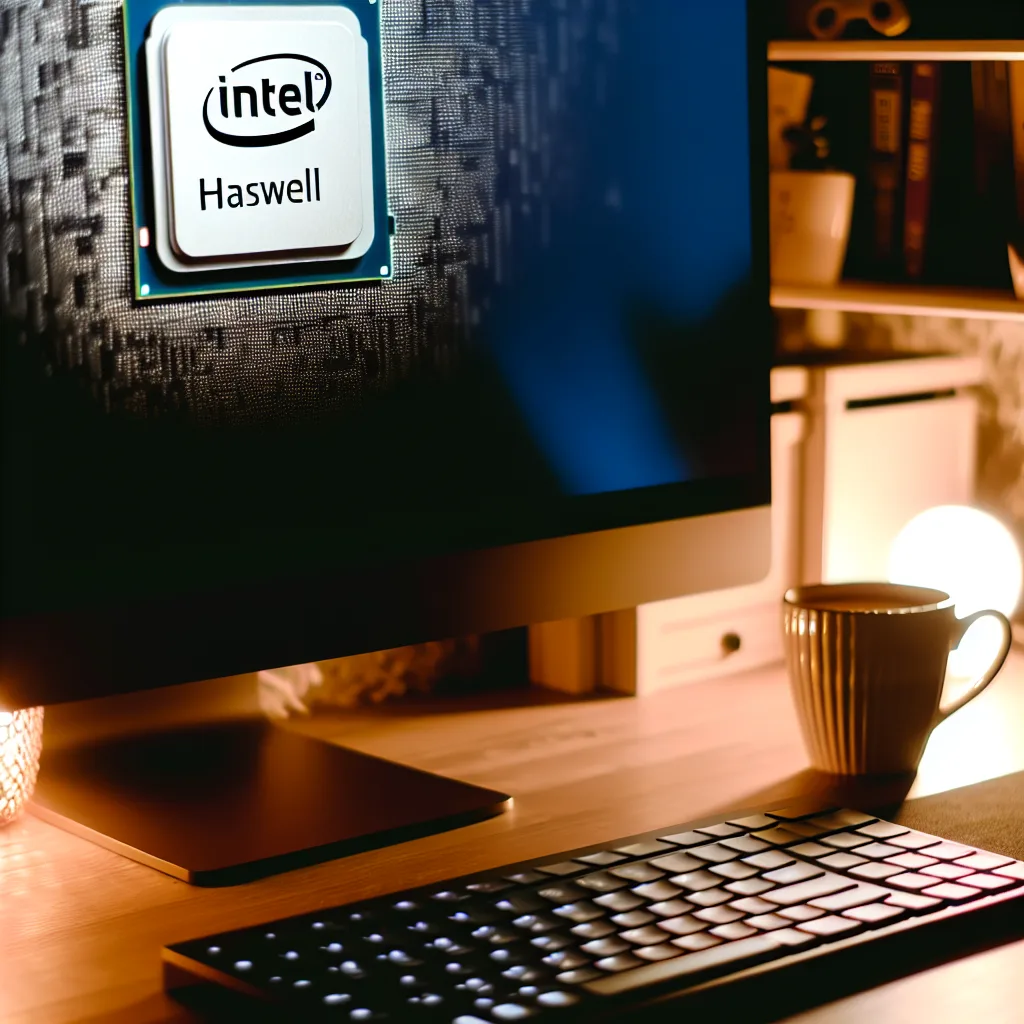Exploring the Relevance of Haswell Processors in Today’s Tech Landscape
If you’re wondering whether Haswell processors are still worth using in 2025, you’re not alone. These processors, which debuted back in 2013, have been around for over a decade now. But are they still good enough for everyday tasks, or has technology left them behind? Let’s chat about it like we’re just having coffee.
What Are Haswell Processors?
Haswell is the codename for Intel’s 4th generation Core processors. They were a pretty big deal when they launched, thanks to better battery life and performance improvements over previous generations. You’ll typically find Haswell in desktops and laptops from the mid-2010s.
Are Haswell Processors Still Good Enough?
Honestly, if you’re mostly using your computer for browsing the web, streaming videos, or working on documents, Haswell processors can still do the job. They handle everyday tasks smoothly enough and don’t demand a ton of power. For casual users, there might not be a strong reason to upgrade right away.
However, if you dive into more demanding areas like gaming, video editing, or running the latest software and games, Haswell might start to feel a bit slow or outdated. Modern processors offer better speed, improved energy efficiency, and support for newer technologies.
Why Would You Stick with Haswell?
One big reason is cost. If you already have a Haswell system, especially a desktop, upgrading might not be necessary. It’s still decent for many applications, and you might save money by holding onto it a little longer. Plus, many mainstream OS updates still support these processors.
Another reason is compatibility. Some older software and peripherals work best with Haswell systems. If your setup is stable and does what you need, there’s less pressure to move on.
When Should You Think About Upgrading?
If you notice that your computer is lagging during your favorite tasks or can’t keep up with specific applications, it might be time to look into newer options. Also, if battery life on a Haswell laptop seems poor or you’re missing out on features like DDR4 RAM support or better integrated graphics, then modern processors could offer tangible improvements.
Alternatives and What’s New Since Haswell
Since Haswell’s days, Intel has moved onto several new architectures, with significant jumps in performance and efficiency in Tiger Lake, Alder Lake, and now Raptor Lake processors. These newer chips support faster memory, better integrated graphics, and improved AI capabilities.
If you’re curious, you can check Intel’s official site for details on current CPUs Intel Processors. Also, tech review sites like Tom’s Hardware offer in-depth comparisons that can help you decide if upgrading is worth it.
The Bottom Line
So, is Haswell still worth using? If your needs are basic and your hardware is stable, yes, it’s perfectly fine. But for power users or those craving the latest tech, it’s likely time to consider an upgrade. Either way, it’s about balancing what you need and what you’re willing to invest.
Got an old Haswell machine gathering dust? Maybe dust it off and give it a whirl before you decide. Sometimes old tech can still surprise you.
